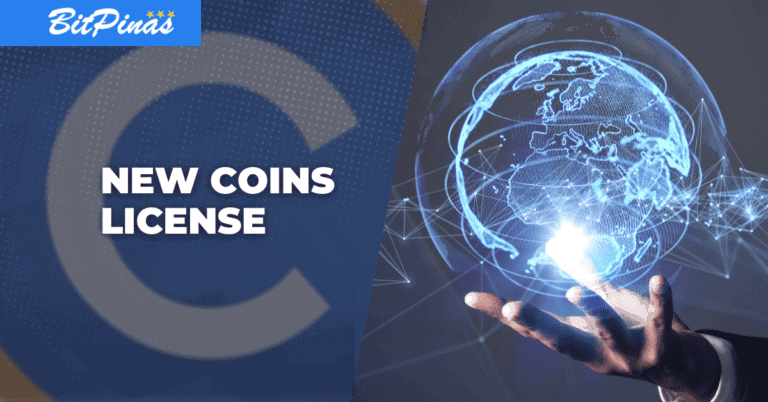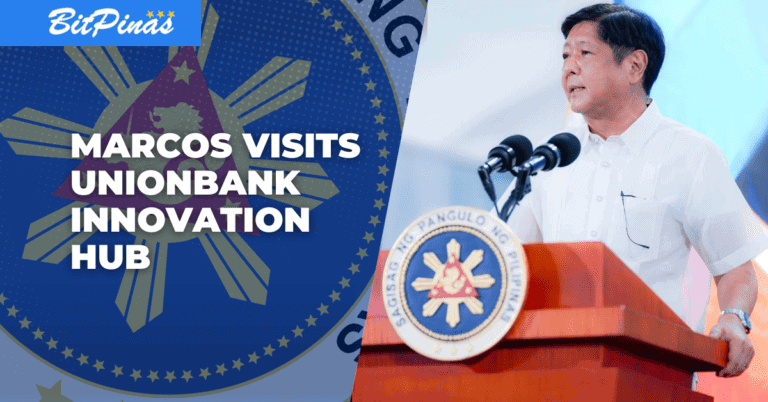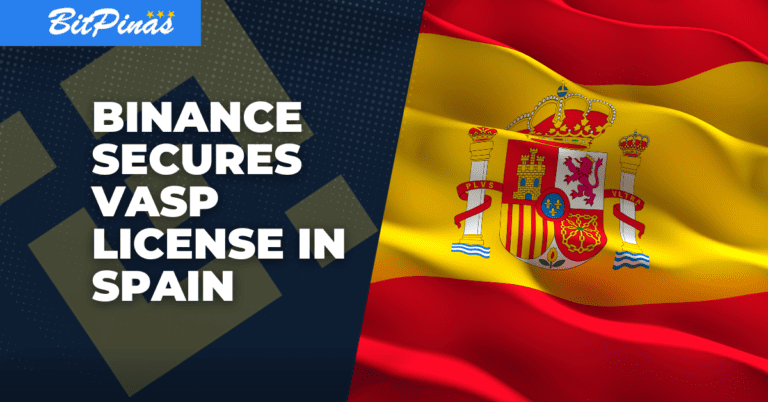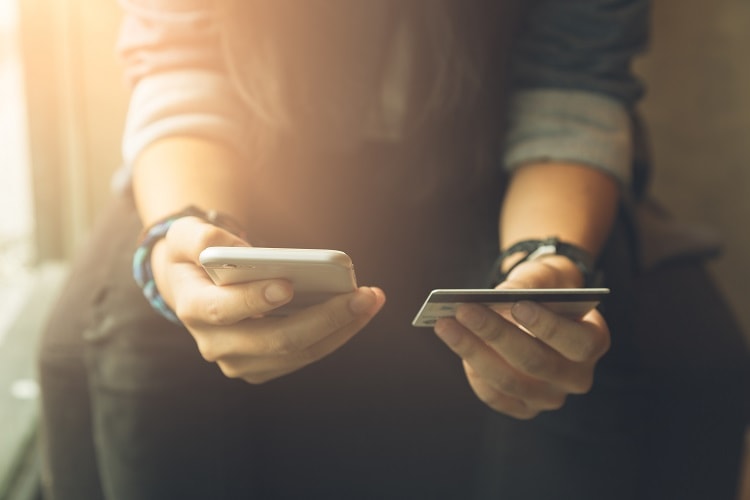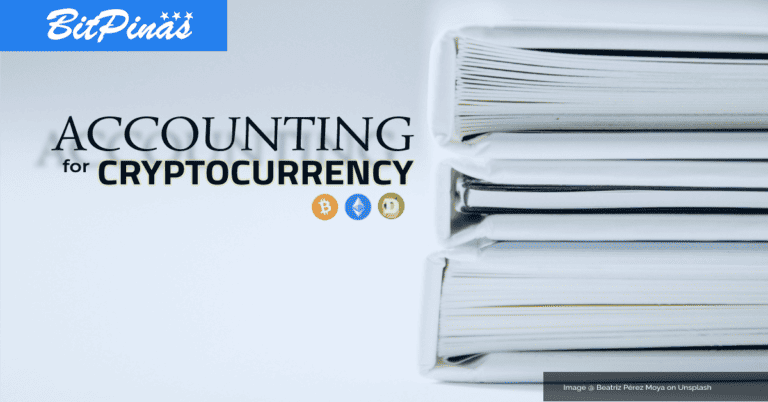Using Blockchain to Get Rid of Ocean Plastics
Household brand SC Johnson has partnered with the Plastic Bank to help solve the problem of plastic wastes in the ocean.
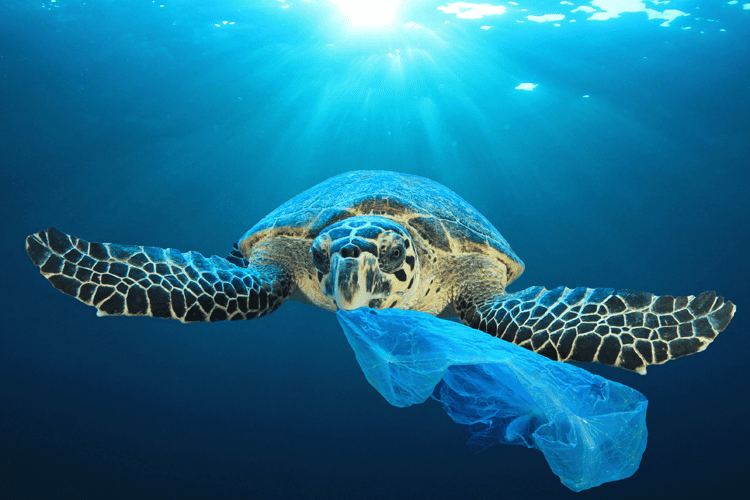
November 6, 2018. The Philippines is one of the top five countries in the world together with China, Indonesia, Thailand, and Vietnam that cumulatively contributes to the 55% of the plastic wastes that find its way to the ocean. This is what SC Johnson wants to solve by partnering with the Plastic Bank and utilizing blockchain technology.
Household brand SC Johnson has partnered with the Plastic Bank to help solve the problem of plastic wastes in the ocean.
Currently, Plastic Bank has a successful proof-of-concept program running on Haiti. It runs on IBM’s Hyperledger Fabric protocol that connects plastic buyers and individual plastic recyclers. By using the Hyperledger, it effectively rewards individual recyclers for collecting plastic wastes.
The partnership will start in Indonesia as the country has the highest number of marine biodiversity and coral reefs that are currently threatened by the plastic leakage.
In order to effectively incentivize Indonesia’s 28 million people living in poverty, Plastic Bank will also use the same strategy it runs on Haiti. The project will use blockchain technology that can be accessed through a mobile application. It will reward individual plastic collectors based on the number of plastics they bring to the collection centers. For incentives, it will use digital tokens instead of cash as previous initiatives failed because recyclers are prone to theft or robbery.
“This partnership with SC Johnson is the first of its kind in Indonesia. It will help create more opportunities for people living in poverty and will offer waste collectors an important sense of pride. SC Johnson is the first CPG company to scale a program of this kind in Indonesia that will benefit a wide range of socio-economic demographics including local residents living below the poverty level.” – Mr. David Katz, Founder and CEO, Plastic Bank
According to a 2015 report by Ocean Conservancy and the McKinsey Center for Business and Environment, by raising the recycling rates to at least 80% from these five countries including the Philippines, it will cut the plastic waste going to the ocean by 23%.
As previously reported on BitPinas, the Pasig river is set to be cleaned by using blockchain and internet of things. The Pasig River Rehabilitation Commission (PRRC) has inked a memorandum of understanding with Cypher Odin, a local blockchain company, to help achieve a cleaner and greener Pasig river.
Read more: Pasig River To Be Cleaned Up With The Use of Blockchain and IoT
Source: 1
